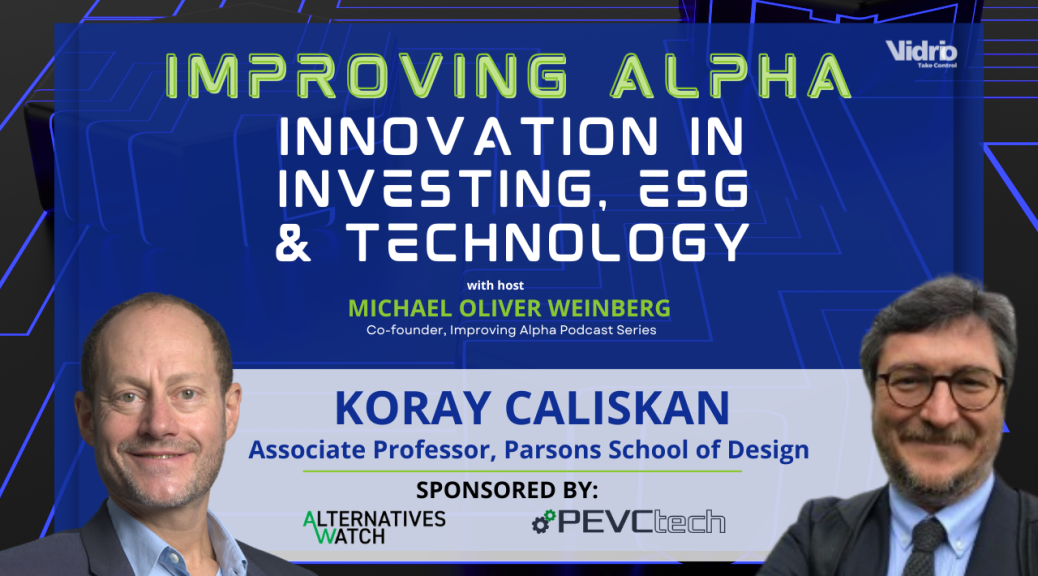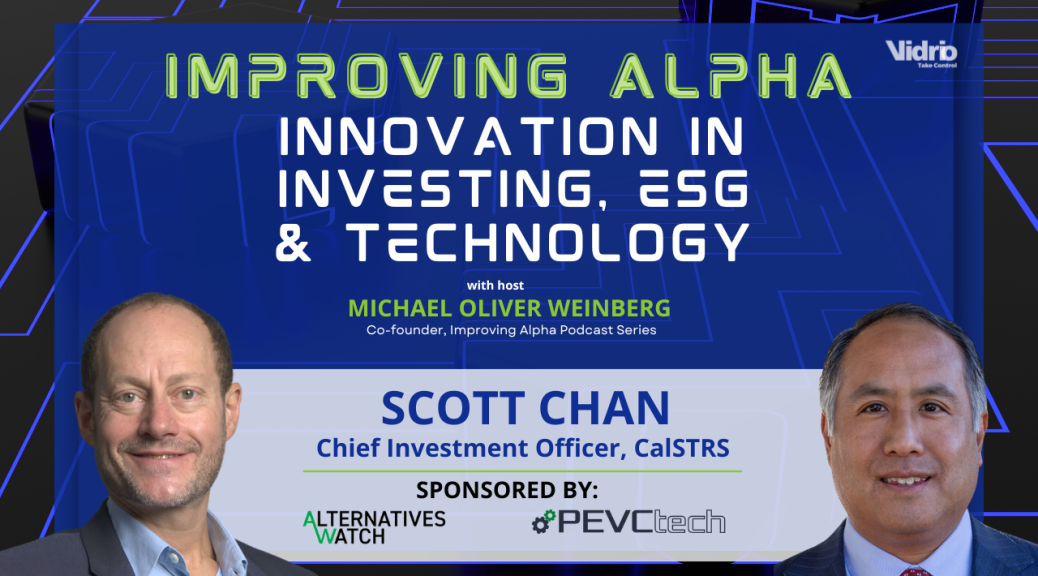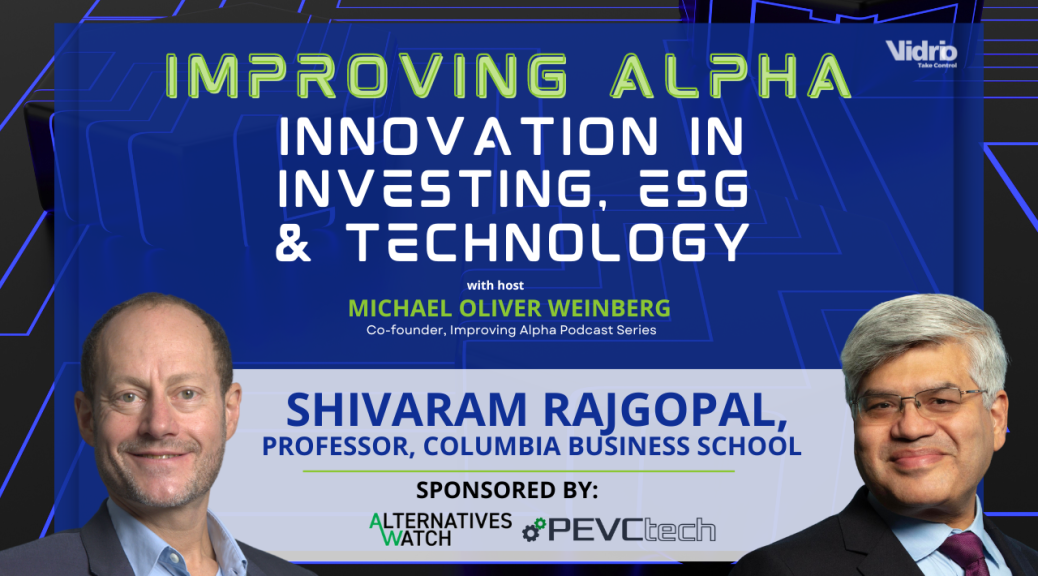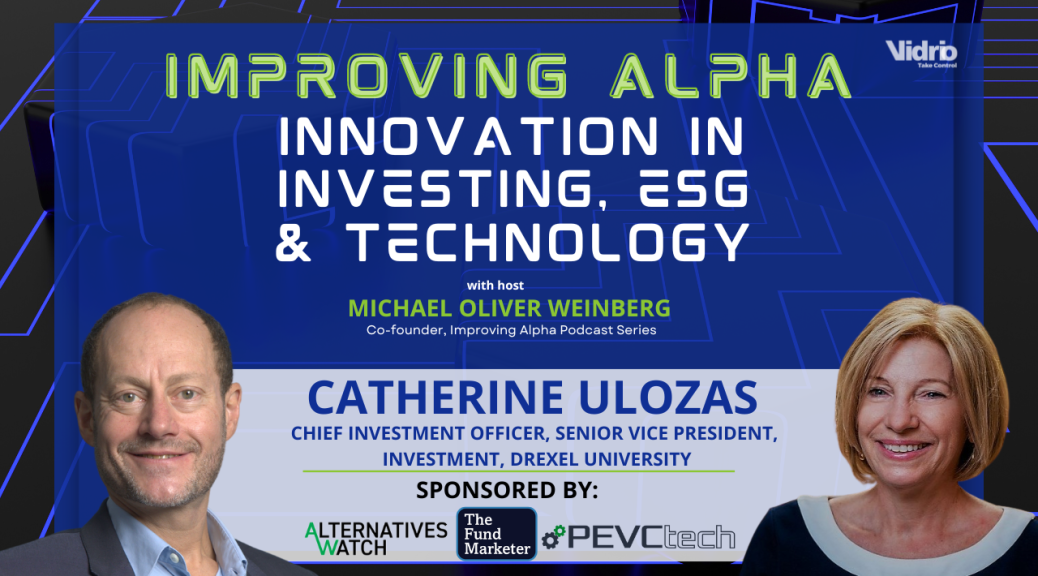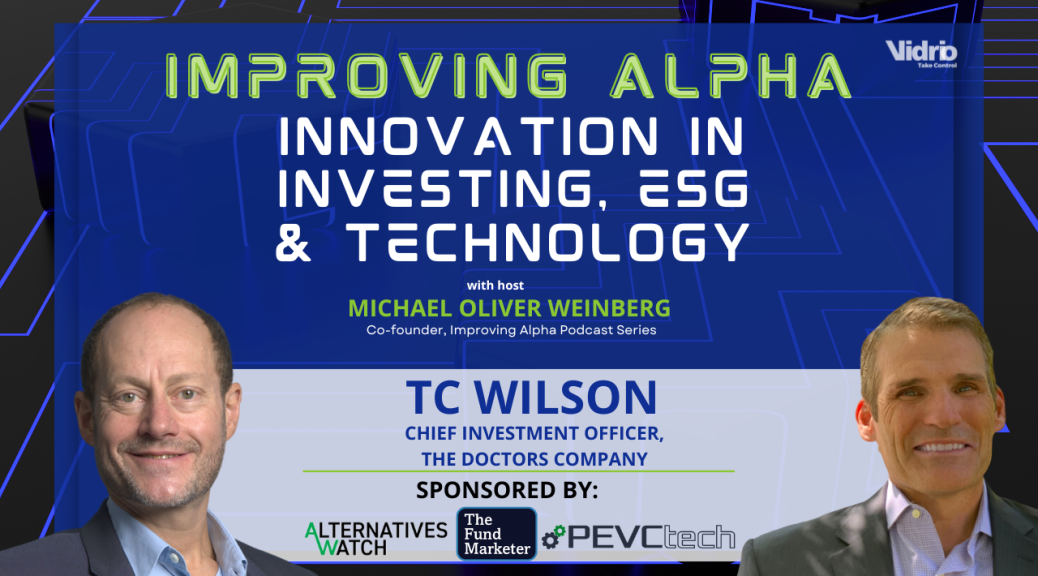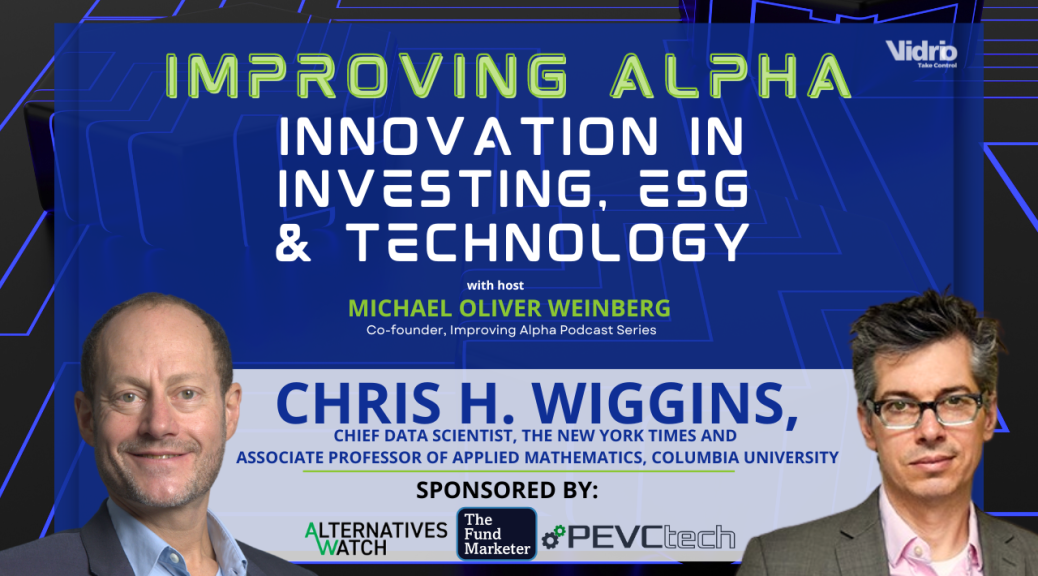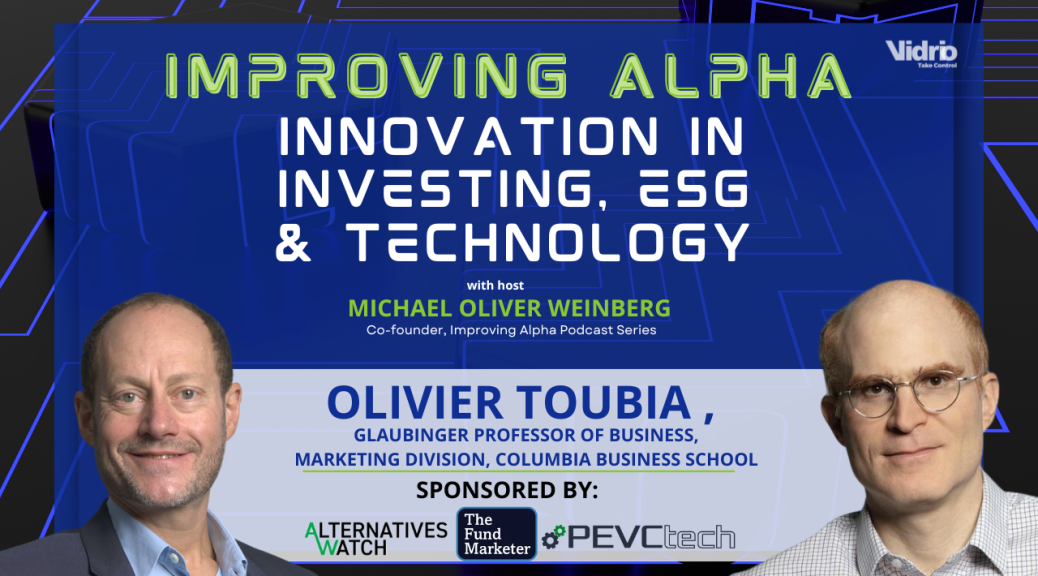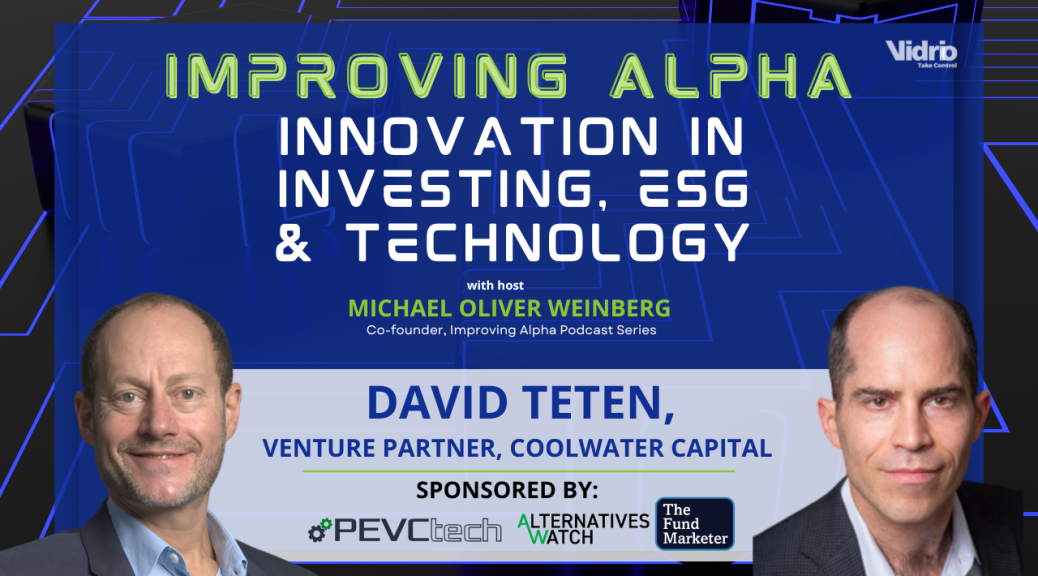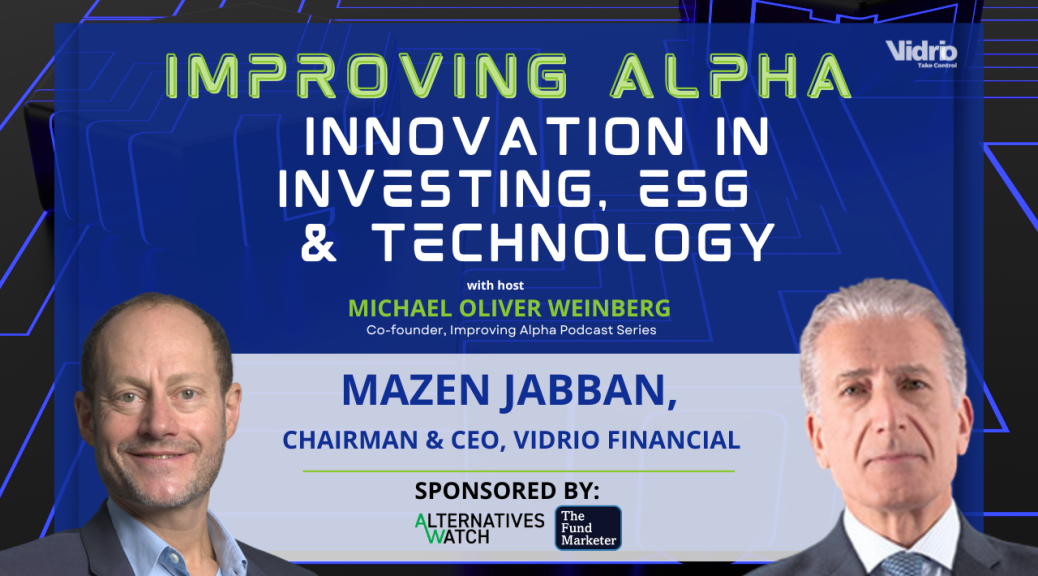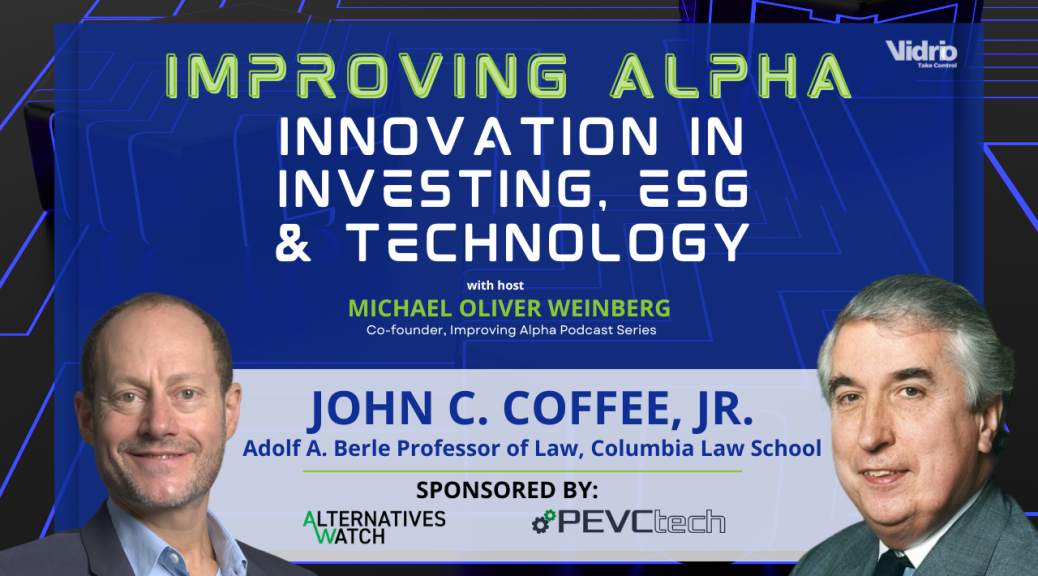
Improving Alpha: John Coffey’s blueprint for a shadow SEC and further regulations under a new Trump Administration
Podcast: Play in new window | Download | Embed
In just a few days the second Trump administration will be sworn in to the office of the presidency. There has already been a lot of debate around security regulations and what that might mean for institutional investors. Could we see Bitcoin and other cryptocurrencies go higher, how will carbon emissions be regulated and reported to investors, and how will active, index, and quantitative investors be impacted by this new administration.
In our first 2025 episode of the Improving Alpha podcast, host Michael Oliver Weinberg sits down with John C. Coffee, Jr., Adolf A. Berle Professor of Law, Columbia Law School to explore these issues while presenting case examples covering Elon Musk’s compensation battles, SouthWest Airlines, and more.
John further highlights his insights on:
- The formation and purpose of a shadow SEC to advise on current securities regulation issues and hopefully keep Congress from legislating in a manner that disrupts the actual SEC.
- The three major institutional investment groups holding over 70% of US public corporations’ stocks and how they approach policy changes and systemic risk.
- what is the right amount of institutional investment intelligence regarding carbon emissions today?
- the Delaware Court’s competence on rulings in governance, and corporate law versus other state court approaches.
- activist investing and how he came to write, The Wolf at the Door: The Impact of Hedge Fund Activism on Corporate Governance.
- And more
Connect with Michael Oliver Weinberg:
Connect with John Coffee:
About Our Guest:
A prolific scholar, sought-after speaker, and frequent news commentator, John C. Coffee Jr. is active in several fields and is a recognized leading authority on securities law, corporate governance, white-collar crime, complex litigation, and class actions.
Coffee has been elected a fellow of the American Academy of Arts and Sciences and is a life fellow of the European Corporate Governance Institute and the American Bar Foundation. He has also been repeatedly listed by the National Law Journal on its annual list of the 100 most influential lawyers in America.
The information covered and posted represents the views and opinions of the guest and does not necessarily represent the views or opinions of Vidrio Financial, and/or our host, Michael Oliver Weinberg. The Content has been made available for informational and educational purposes only. The Content is not intended to be a substitute for professional investing advice. Always seek the advice of your financial advisor or other qualified financial service provider with any questions you may have regarding your investment planning.
The release date may not correspond to the recording date.
